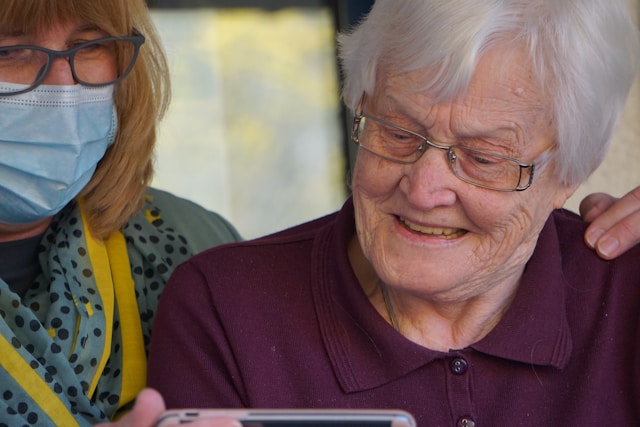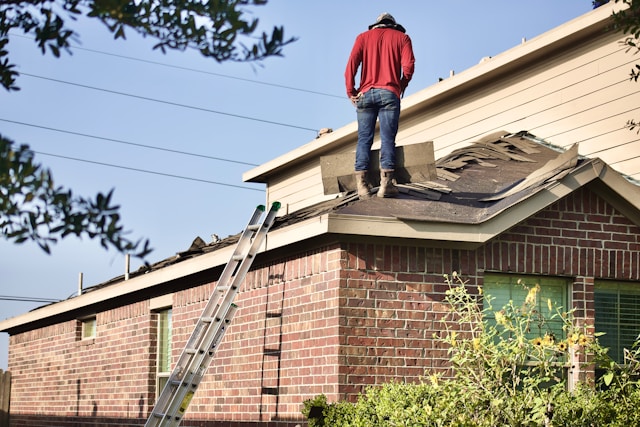How Skilled Nursing Homes Promote Independence and Quality of Life
Skilled nursing homes play a critical role When offering complete care and support to those who need continuous medical supervision, rehabilitation, and help with everyday tasks. While often associated with long-term care for older adults, skilled nursing facilities offer services tailored to a diverse range of individuals, including those recovering from surgery, managing chronic conditions, or undergoing intensive rehabilitation. This article explores how skilled nursing homes promote their residents’ independence and quality of life through personalized care, specialized services, and supportive environments.
Comprehensive Care and Support
Skilled nursing institutions offer a wide range of services to fulfill the various needs of their residents. These services encompass medical care, rehabilitation therapy, personal assistance, and social engagement, all aimed at promoting independence and enhancing quality of life.
Medical Care:
Skilled nursing home Missouri are staffed by licensed healthcare professionals, including registered nurses, licensed practical nurses, and certified nursing assistants, who provide around-the-clock medical supervision and care. Residents receive support with medication management, wound care, chronic disease management, and vital sign monitoring to ensure adequate healthcare.
Rehabilitation Therapy:
Several skilled nursing homes provide rehabilitation services, such as physical therapy, occupational therapy, and speech therapy, to assist patients in regaining or maintaining functional abilities. Therapists work with residents to improve mobility, strength, balance, coordination, and communication skills, facilitating greater independence in daily activities.
Personal Assistance:
Assisting with activities of daily living (ADLs), including eating, dressing, grooming, bathing, and using the restroom, is provided to residents at skilled nursing facilities. Caregivers provide individualized support based on each resident’s abilities and preferences, fostering a sense of dignity, autonomy, and comfort.
Social Engagement:
Skilled nursing facilities offer opportunities for socialization, recreation, and leisure activities to promote mental stimulation, social interaction, and emotional well-being. Activities may include group outings, arts and crafts, music therapy, pet therapy, and cultural events, providing residents with a sense of purpose and connection within the community.
Promoting Independence:
Skilled nursing homes are committed to supporting residents in maintaining as much independence and autonomy as possible, regardless of their age, health status, or level of functional impairment. Through personalized care plans, assistive technologies, and specialized programs, these facilities empower residents to make choices, pursue interests, and participate in meaningful activities.
Individualized Care Plans:
Skilled nursing facilities develop individualized care plans for each resident, considering their unique needs, preferences, and goals. Care plans are collaboratively developed with input from residents, family members, and healthcare providers, ensuring that interventions and supports are tailored to promote independence and optimize quality of life.
Assistive Technologies:
Many skilled nursing homes incorporate assistive technologies and adaptive equipment to enhance residents’ independence and safety. These may include mobility aids such as walkers or wheelchairs, communication devices for individuals with speech impairments, and environmental modifications to promote accessibility and mobility within the facility.
Rehabilitation and Restorative Programs:
Skilled nursing facilities offer rehabilitation and therapeutic programs that maximize residents’ functional abilities and promote independence in daily activities. Through targeted therapy sessions, exercise programs, and functional training, residents build strength, endurance, and confidence in their abilities to perform tasks independently.
Transitional Care Planning:
For residents transitioning from hospitalization or short-term rehabilitation stays, skilled nursing homes provide comprehensive transitional care planning to facilitate a smooth transition back to the community or a lower level of care. It may involve coordinating home health services, arranging medical equipment or supplies, and providing education and support to residents and their families.
Enhancing Quality of Life:
In addition to promoting independence, skilled nursing homes prioritize their residents’ overall quality of life by creating supportive environments, fostering social connections, and addressing psychosocial needs.
Person-Centered Care:
Skilled nursing facilities embrace a person-centered approach to care that honors residents’ preferences, values, and identities. Staff members develop meaningful relationships with residents, actively listen to their concerns, and engage them in decision-making processes to promote autonomy and dignity.
Comfort and Well-Being:
Skilled nursing homes strive to create homelike environments that promote residents’ comfort, security, and well-being. Facilities may feature cozy lounges, landscaped gardens, nutritious dining options, and recreational amenities to enhance residents’ quality of life and sense of belonging.
Emotional and Spiritual Support:
Skilled nursing facilities provide emotional and spiritual support to residents and their families, recognizing the importance of addressing psychosocial needs alongside physical care. Chaplaincy services, counseling sessions, support groups, and pastoral care are available to residents seeking spiritual guidance, comfort, or companionship.
Community Engagement:
Skilled nursing homes actively engage with the broader community to enrich residents’ lives and expand their social networks. Partnerships with local schools, volunteer organizations, cultural institutions, and faith-based groups provide opportunities for intergenerational interactions, volunteerism, and cultural enrichment activities.
Skilled nursing homes are vital in promoting independence and enhancing the quality of life for individuals with diverse care needs. These facilities empower residents to live meaningful, fulfilling lives in a supportive and nurturing environment through comprehensive medical care, rehabilitation therapy, personalized support, and enriching activities. By prioritizing individualized care, promoting independence, and fostering a sense of community and belonging, skilled nursing homes contribute to the well-being and dignity of their residents, enabling them to thrive and flourish in their later years.



